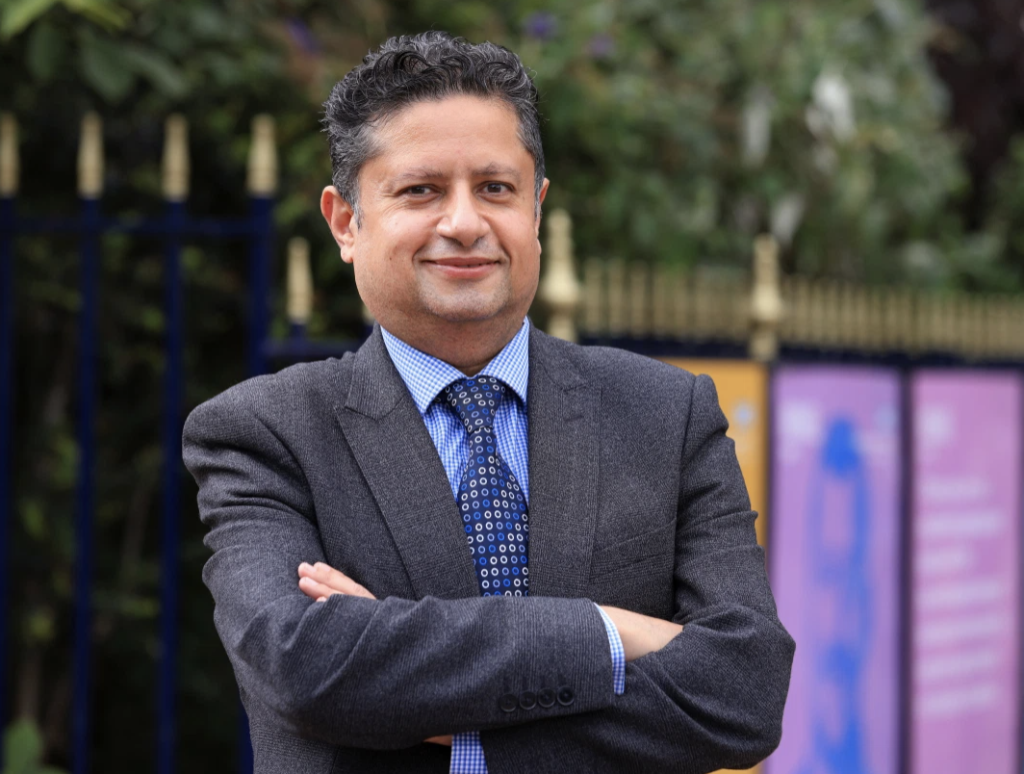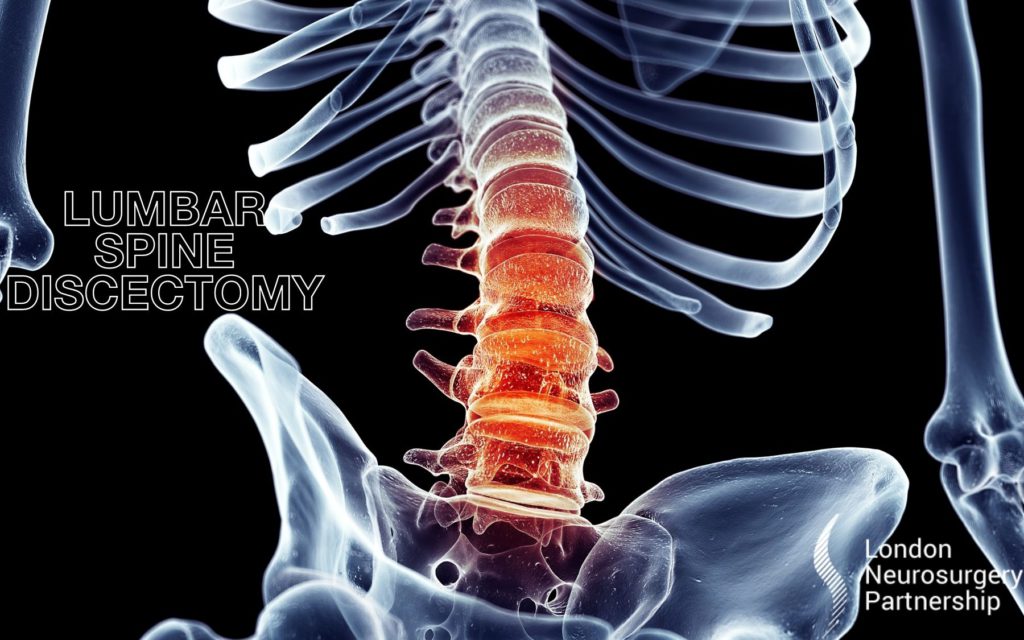
Meningioma is a brain tumour which develops within the meninges of the brain. Mr Chris Chandler explains to us what a meningioma is and what the treatment options are. Meninges are layers of body tissue that cover and protect the brain and spinal cord. Meningiomas are graded from 1-3, while most meningiomas are slow-growing with a low potential to spread (grade 1), some can be faster spreading and more likely to return after treatment, these are called atypical (grade 2). Lastly (grade 3) meningiomas are most uncommon and are malignant, they are fast growing and have a high chance of returning.
What are the symptoms?
While some meningiomas do not present with any obvious symptoms and can be stumbled upon during tests for other conditions, others do show symptoms of the brain being affected and some of the most common symptoms can be:
- Headaches
- Seizures
- Memory loss and confusion
- Weakness in arms of legs
- Changes in vision
- Vomiting
If a patient presents with these types of symptoms then it is common to undergo tests like MRI and CT scans to effectively detect and diagnose a meningioma. Once diagnosed and assessed then treatment can be undertaken.
Treatment for meningioma
There are a number of different treatments that can be undertaken for a meningioma and there are many different factors to consider when doing so. Firstly, the decision has to be right for the patient and it is something that should be discussed in length with the treating doctor. Depending on the grading of the meningioma, either management, treatment or surgery can be considered.
The factors include:
- Your general health
- Symptoms
- Location of tumour
- Size of tumour
- Grade of tumour
- Watch and wait
As meningiomas are often slow-growing and only increasing in size by 1-2mm per year, there may be no need for any immediate treatment but just simply watching and waiting. By this we mean that a patient will have a scan every six months to a year along with a check-up to see if the meningioma has increased in size and if it has not then no further treatment will be needed.
Surgery
Surgery can be required if the tumour is affecting the patients’ day to day abilities and poses a risk to life. The treating doctor will run through all the risks, possible complications and benefits of the operations with the patient. Meningioma surgery is usually relatively straight forward but there can be complications and it is important for the patient to be aware of this prior to the operation.
Depending on the size, accessibility and grade of the meningioma the surgeon will do what is necessary to remove the tumour without causing any further risk to quality of life. The type of process this could be is:
Confirm diagnosis by obtaining scans and tissue and classify grade.
Check to see if tumour is invading any arteries, large veins or on the underside of the brain.
Remove sufficient or if safe all the tumour to restore normal pressure of the normal brain tissue and to make sure the tumour will not grow back.
Preserve or improve neurological function
Once surgery has taken place the patient will need to stay in hospital to recover for a couple of days and thereafter may need physiotherapy to restore function and gain strength.
Radiotherapy
Radiotherapy is another option to treat a meningiomas but it is less common, this is because it is only used for inaccessible or irremovable meningiomas. This type of treatment uses high-energy rays to destroy the tumour cells and stop them from coming back. There are many ways to treat a meningioma with radiotherapy and the treating doctor will tailor this specific to the patient’s tumour. Gamma Knife and Cyber Knife treatment can also be used.
As with most types of treatment, radiotherapy does carry side effects and it is important that the patient understands this as it can sometimes take months or years for the side effects to happen.
Chemotherapy
Lastly, Chemotherapy is rarely used to treat meningiomas but is used in some circumstances to treat high grade meningiomas reoccurring after surgery and radiotherapy.
Regular post-operative follow ups and MRI scans with your surgeons will be necessary to keep an eye on the remaining tumour or simply to check if it is returned.
This article is intended to inform and give insight but not treat, diagnose or replace the advice of a doctor. Always seek medical advice with any questions regarding a medical condition.
Back to brain conditions.





0 Comments